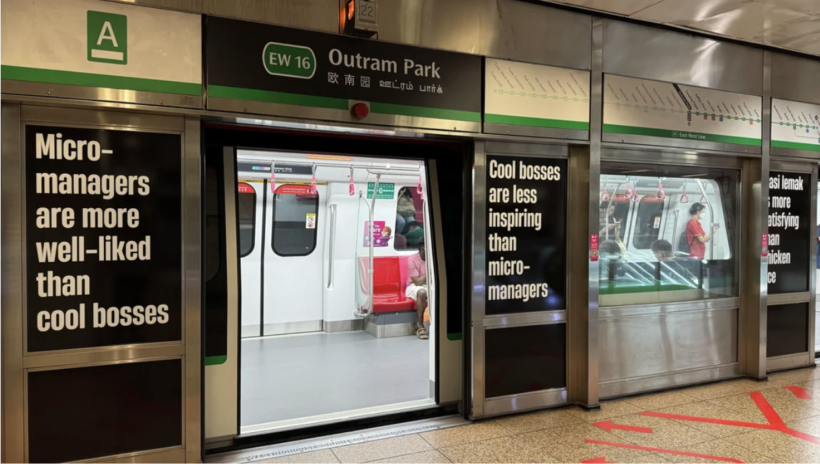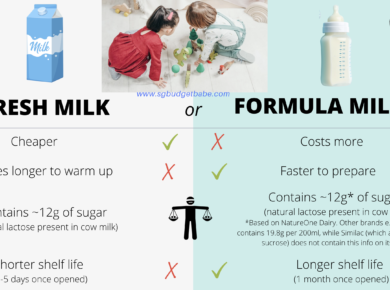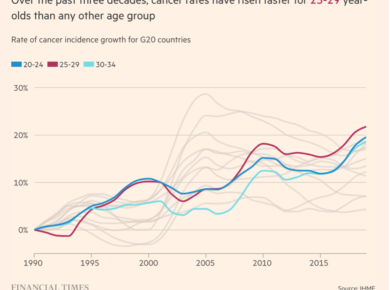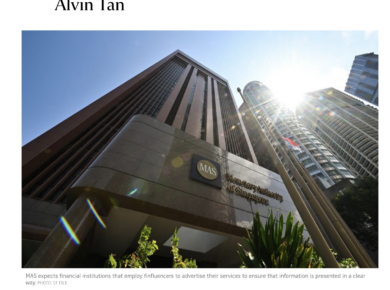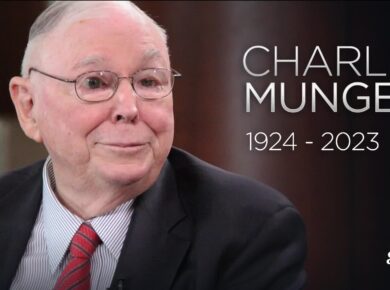While the world is freaking out over what’s real and what’s not anymore thanks to AI (cue deepfakes), at least we’ve been able to trust the videos on our social media feeds by content creators, especially those with a large following.
Or…can we?
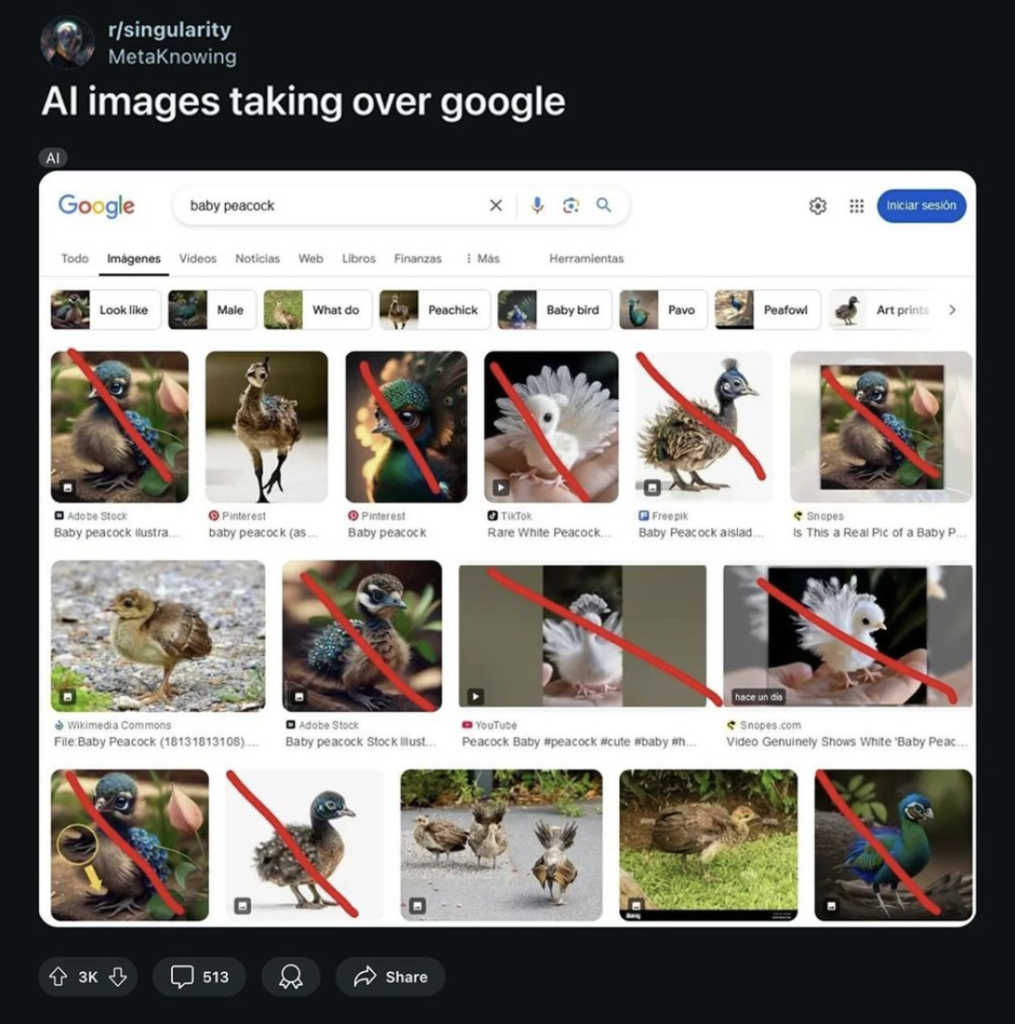
A recent campaign in Singapore that put out a series of black-and-white ads to trigger commuters on public transport was recently showcased by several influencers, who “ranted” about the controversial statements.
You may have seen these by Ryanroulette, Preetipls and Natashatannnnn “ranting” about these ads on their social media as well to their combined follower count of over 250k on TikTok alone.
At first glance, it looked like one of their usual talking head videos sharing their unfiltered thoughts.
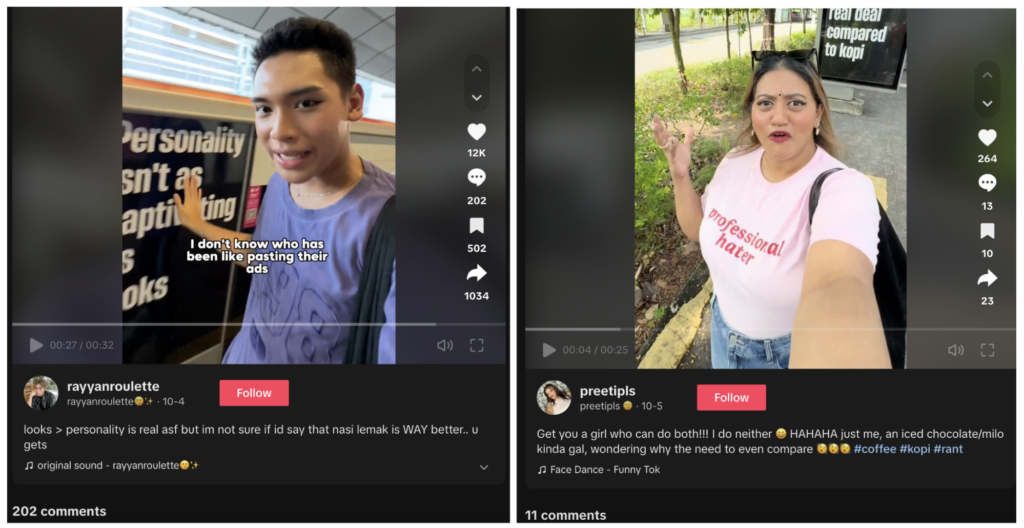
Then the truth came out.
In the latest reveal, these influencers who shared videos about these black and white ads have come out to talk about how they were so ‘foolish to fall for these ads by Lazada’.
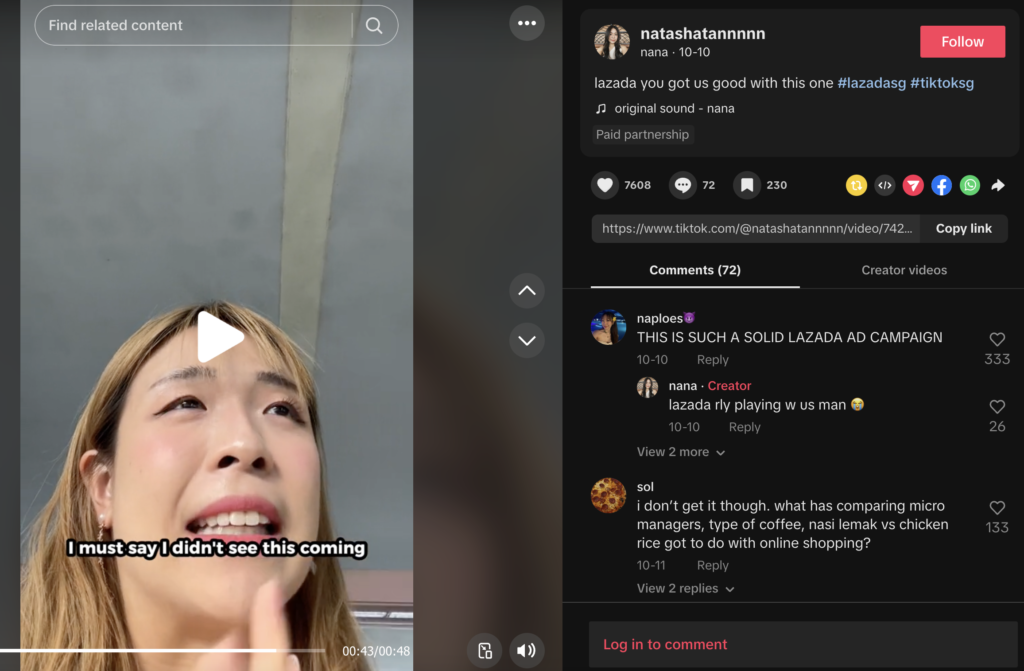
Seriously? You didn’t see this coming?
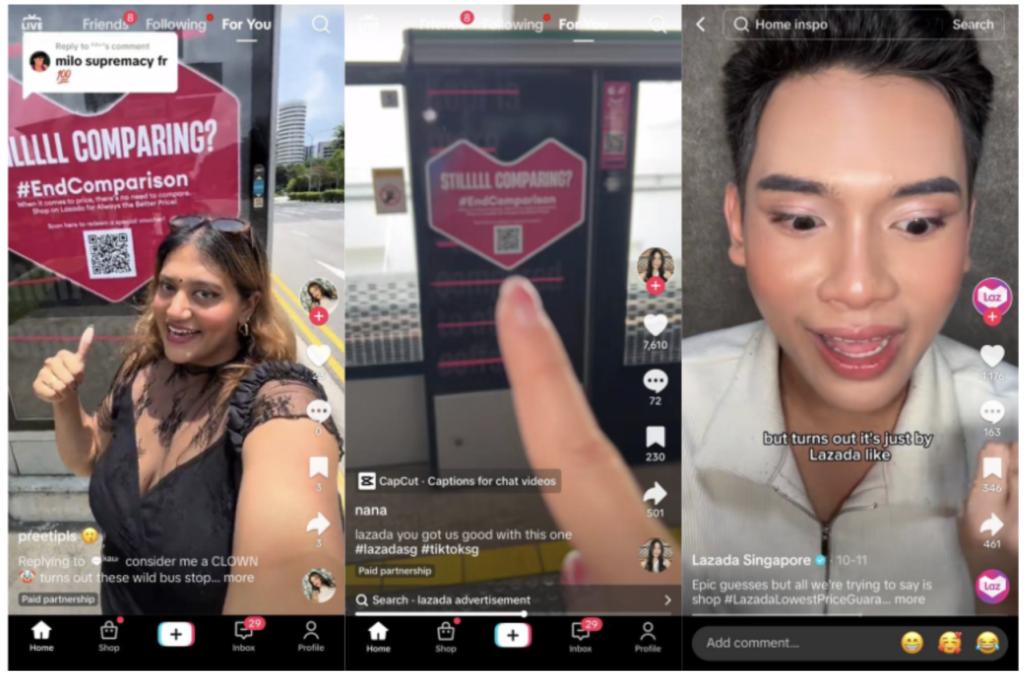
This time, they remembered to label their post as a paid partnership. As the truth came to light, we now know that these ads were part of Lazada’s latest guerrilla marketing tactics, and the influencers were paid to spread awareness about it.
But how can you act all surprised and claim you “didn’t see this coming” when you were engaged on a Lazada campaign right from Day 1?
If you think this reminds you of the Gushcloud-Singtel saga that happened in 2015, you’re not the only one. For those of you who have been around on the Internet for longer, you may remember how influencers were hired back then, to engage in a smear campaign against the other local telcos (M1 and Starhub) and rant about the poor connectivity and service…only to proclaim publicly later on that they “had enough” and was switching to a better provider a.k.a. Singtel.
It seemed at first that they managed to pull the wool over their followers’ eyes…until Xiaxue exposed the whole facade by revealing evidence that the bloggers were paid and instructed to disparage the other telcos in a bid to promote Singtel. The incident caused a big hoo-ha, leading to the (then) Infocomm Development Authority (IDA) to investigate whether Singtel breached the Telecom Competition Code and saw Singtel’s group CEO issue a public apology to Singtel and M1. Shortly after, the Advertising Standards Authority of Singapore (ASAS) rolled out guidelines that paid advertising on social media are to be clearly disclosed.
But as we’ve seen in recent years, not every influencer or content creator abides by the guidelines.
In fact, Ryanroulette and Preetipls released their initial video on the secretive Lazada ads as organic content, without the “paid partnership” label. It was only later that they revealed they had been paid all along.
Unlike the Gushcloud-Singtel saga back then, the current Lazada campaign may not have explicitly named its competitors, but we all know who. #EndComparison is obviously a nod to how consumers tend to compare prices on e-commerce platforms such as Shopee vs. Taobao vs. Qoo10 vs. Lazada. Or maybe not Qoo10 anymore, since you can no longer shop on their platform after they were ordered by MAS to suspend payment services 2 months ago.
I personally buy all my stuff from mostly Shopee and Taobao, so I totally get what this ad – and the influencers – was trying to get people like me to do (or stop doing).
Can we trust influencers to be “real”?
Look, we have a big enough problem with fake content as it is. Thanks to AI, it is already getting harder for the everyday user to distinguish between what content is authentic or not online. Deepfakes are getting more rampant, and some influencers I follow are already starting to use AI clones of themselves as they surrender the rights to their voices and likeliness to create content.
So what happens to being truly authentic when influencers pull off advertising acts like these?
“Marketing communication should not take the form of social media content that appears to originate from a credible and impartial source, but that is in fact created by a marketer for the purpose of promoting a product or service.”
ASAS Guidelines
By virtue of their huge following, influencers have the power to sway opinions among their audiences and shape sentiments or purchasing decisions.
What becomes a concern is the ethics of how paid partnerships must surely be transparently declared, so viewers are able to make their own decisions and not be swayed by an opinion that was paid for by a company.
There’s nothing wrong with taking up paid partnerships; it’s how full-time influencers make money after all. But the least we can do is to ensure that the commercial relationship is being made transparent, and not presented in a way that could potentially deceive your followers into thinking otherwise.
And as consumers, perhaps this is another wake-up call for us to learn (once more) not to trust what influencers say at face value.
The threat to authenticity apparently isn’t just AI, but from living beings as well.
You would have thought the social media scene learnt its lessons from the Singtel-Gushcloud saga in 2015, but apparently people have short memories and content creators get away with doing things like these, which only empowers more to follow suit.
What do you guys think?
